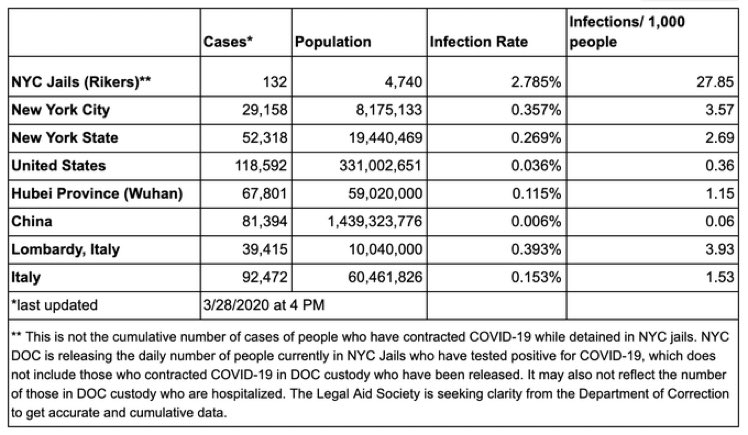I don't know the makeup of the Fifth Circuit. But the prospects at the Supreme Court would appear to be grim. - gwc
Texas Federal Court Blocks Restrictions on “Non-Essential” Abortion Procedures, Texas Asks Fifth Circuit to Reverse – Reason.com
post by Eugene Volokh
Josh Blackman links to the briefs; here is the heart of Judge Lee Yeakel's decision blocking the restrictions:
[T]he court finds that Plaintiffs have established a substantial likelihood of success on the merits of their claim that the Executive Order, as interpreted by the attorney general, violates Plaintiffs' patients' Fourteenth Amendment rights, which derive from the Bill of Rights, by effectively banning all abortions before viability. See Planned Parenthood v. Casey, 505 U.S. 833, 848-49 (1992). The Due Process Clause of the Fourteenth Amendment to the United States Constitution protects a woman's right to choose abortion, Roe v. Wade, 410 U.S. 113, 153-54 (1973), and before fetal viability outside the womb, a state has no interest sufficient to justify an outright ban on abortions. Roe, 410 U.S. at 163-65; see also Casey, 505 U.S. at 846, 871 (1992) (reaffirming Roe's "central principle" that "[b]efore viability, the State's interests are not strong enough to support a prohibition of abortion").Under the attorney general's interpretation, the Executive Order either bans all non-emergency abortions in Texas or bans all non-emergency abortions in Texas starting at 10 weeks of pregnancy, and even earlier among patients for whom medication abortion is not appropriate. Either interpretation amounts to a previability ban which contravenes Supreme Court precedent, including Roe. Previability abortion bans are "unconstitutional under Supreme Court precedent without resort to the undue burden balancing test." States "may regulate abortion procedures prior to viability so long as they do not impose an undue burden on the woman's right, but they may not ban abortions."The State Defendants well describe the emergency facing this country at the present time. They do not overstate when they say, "Texas faces it worst public health emergency in over a century." The Executive Order, as written, does not exceed the governor's power to deal with the emergency. But the attorney general's interpretation of that order constitutes the threat of criminal penalties against those whose interpretation differs. Yes, the attorney general is not the enforcer of those penalties, but many of those who are charged with enforcement are named as defendants in this action. The court takes notice that the opinion or notion of the attorney general as to the breadth of a law, even if expressed informally, carries great weight with those who must enforce it.Regarding a woman's right to a pre-fetal-viability abortion, the Supreme Court has spoken clearly. There can be no outright ban on such a procedure. This court will not speculate on whether the Supreme Court included a silent "except-in-a-national-emergency clause" in its previous writings on the issue. Only the Supreme Court may restrict the breadth of its rulings. The court will not predict what the Supreme Court will do if this case reaches that Court. For now, the State Defendants, and perhaps the others, agree that the Executive Order bans all pre-fetal-viability abortions. This is inconsistent with Supreme Court precedent. Plaintiffs have demonstrated a strong likelihood of success on the merits of their action.





